ANNUAL REPORT 2023
























Introduction
Leadership Team
Supporting Trauma Awareness and Nurturing Children’s Environments (STANCE)
San Luis Valley
Special Interest Projects
School Wellness Program
Mothers Optimizing Resources Everyday (MORE)
Well-being of the ECE workforce in Low-Resourced Locations (Well Program)
Substance Use Program Evaluation, including ACEs & Recovery (SPEAR)
Fostering Resilience in Early Education (FREE)
Ambassadors for Literacy & Resiliency (AFLR)
Workforce Development
Community Impact
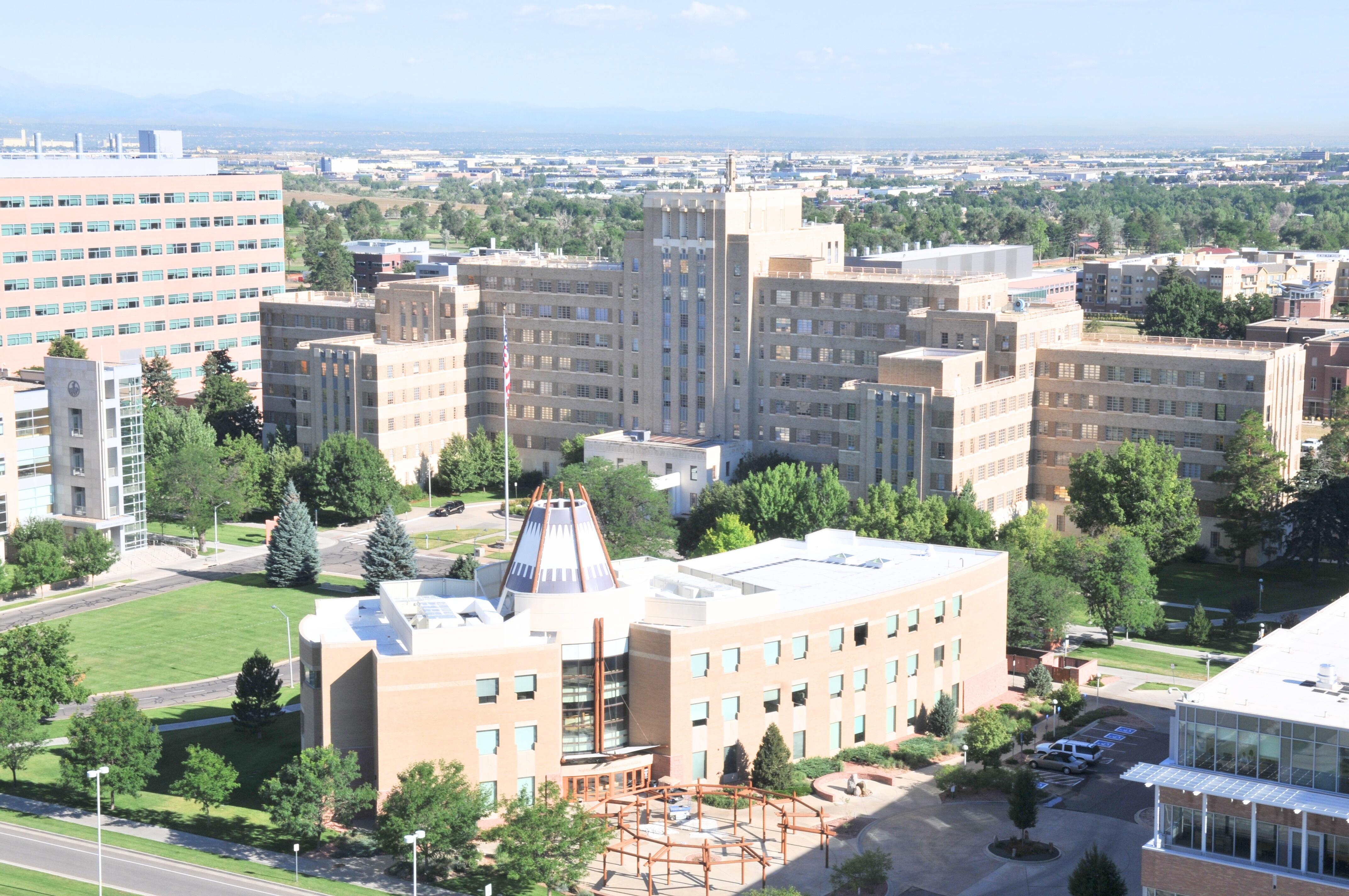
Since 1998, the RMPRC at the Colorado School of Public Health has focused on advancing healthy lifestyles and preventing chronic disease among residents and communities in the Rocky Mountain region by conducting, disseminating, and serving as a resource for community-based research and policy.
The success of the RMPRC has been the result of a core partnership between researchers from the University of Colorado Anschutz Medical Campus and community members of the San Luis Valley (SLV), a beautiful area located in Southcentral Colorado, where approximately half of the residents are Hispanic/Latino and a quarter live in poverty. The RMPRC has partnered with a SLV community advisory board (CAB) for over 20 years to conduct community-based participatory research. Through active collaboration, we build local capacity to execute evidence-based public health practice.
.
One of the RMPRC's current research projects focuses on the prevention of the intergenerational transmission of adverse childhood experiences (ACEs). We worked with the CAB to develop the research design for this 5-year multi-level, community-based study that couples implementation of evidence-based strategies while leveraging extant community infrastructure and resources. While it originated directly from the community, this priority also aligns closely with national public health priorities, including the Center for Disease Control and Prevention’s (CDC) Health Impact in 5 years initiative.

The RMPRC vision is that children and families live in communities that optimize health and wellbeing.
The RMPRC approach includes:
TheRMPRCisoneoftwenty-fiveCDC-funded PreventionResearchCenters(PRC)intheU.S. TheNationalNetworkofPRCsworktogether toidentifypublichealthproblemsandfocus onthedevelopment,testingandevaluation ofpublichealthinterventionsthatcanbe appliedwidely,particularlyinunderserved communities
The RMPRC mission is to conduct community-engaged research with schools and communities across the Rocky Mountain region to achieve health equity by optimizing social-emotional, mental, and physical health.
Building and sustaining long-term partnerships with early child learning centers, schools, and communities to enhance child health and family health and well-being
Conducting community-engaged research to improve social-emotional development and well-being with children and families in under-served communities
Using a multi-level approach to connect families to evidence-based programs and multi-sector partnerships to strengthen community capacity

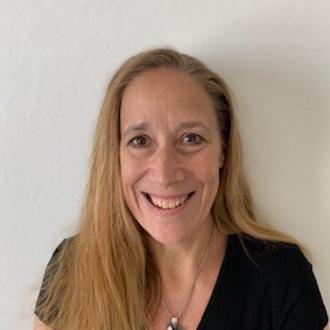

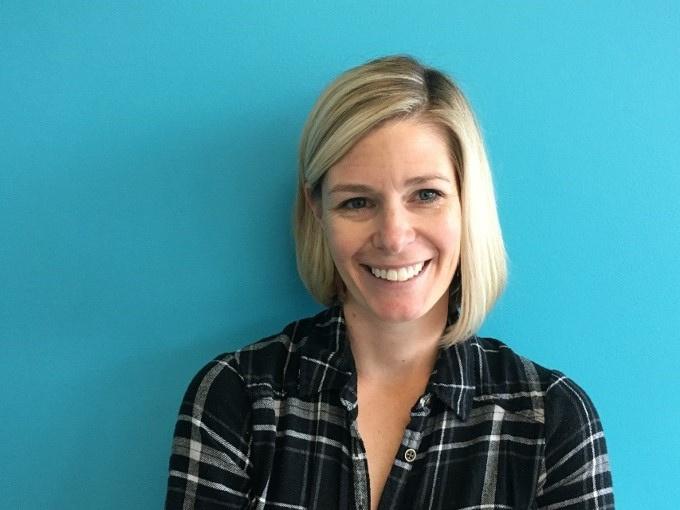
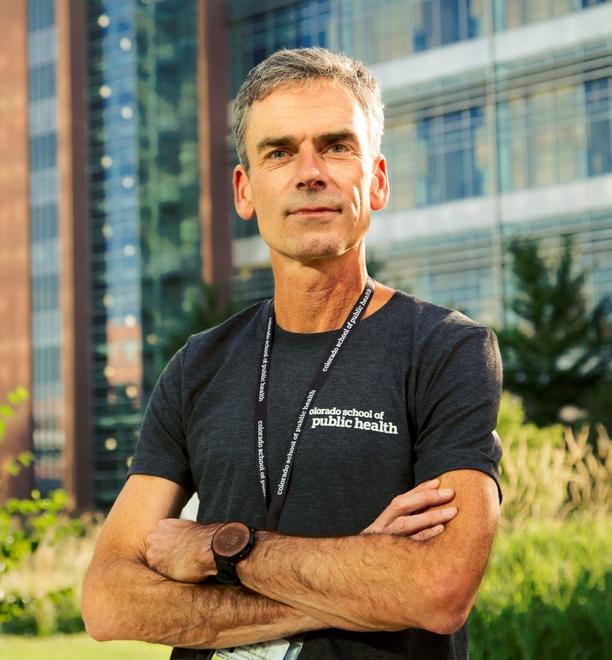


 Jenn Leiferman, PhD; Director; PI
Jini Puma, PhD; Associate Director; PI
Jenn Leiferman, PhD; Director; PI
Jini Puma, PhD; Associate Director; PI
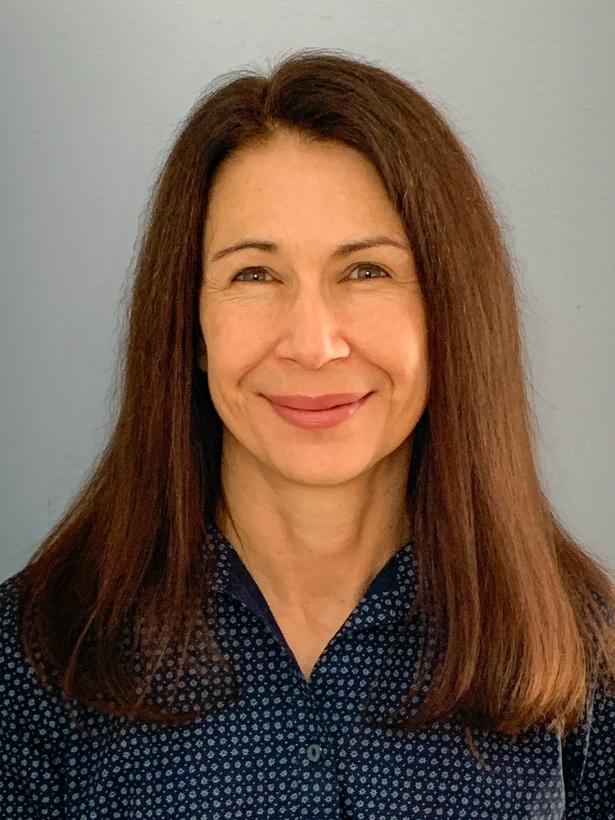
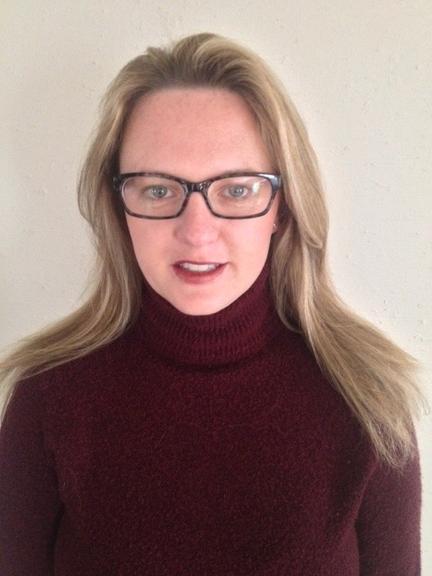
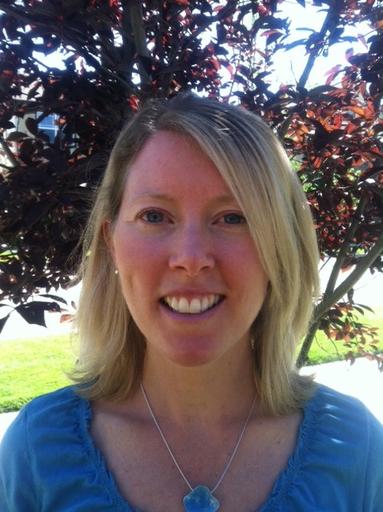

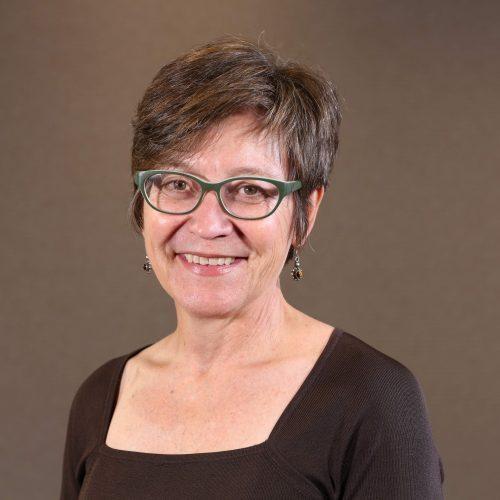
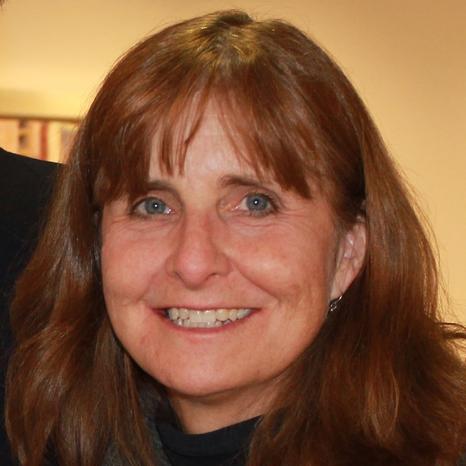


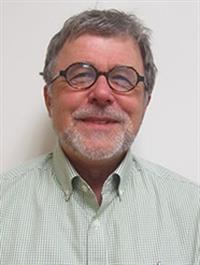

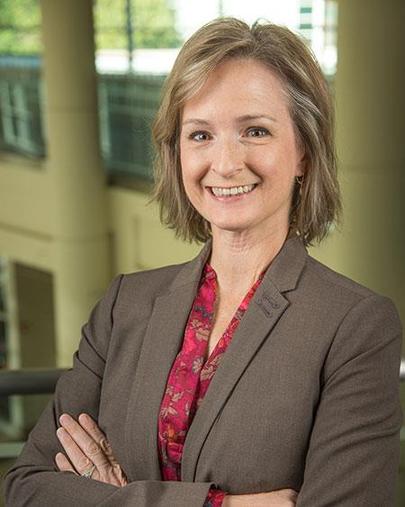


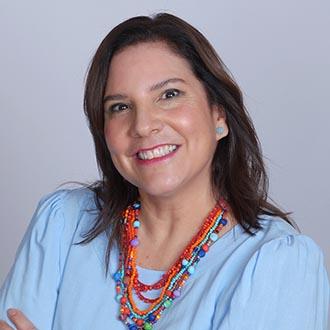
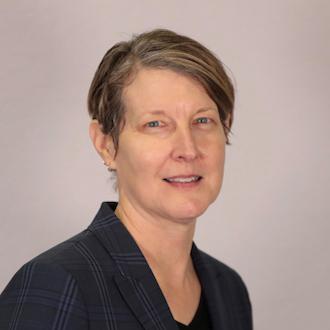

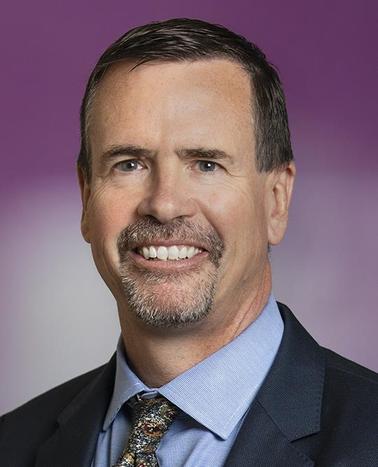
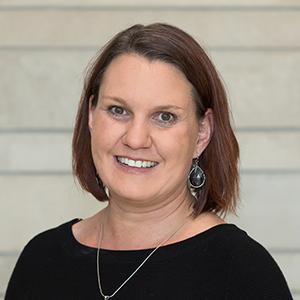 Lori Crane, PhD, MPH
Sheana Bull, PhD, MPH
Mary Dinger, PhD, MSEd
Brenda Beaty, MSPH
Charlotte Farewell, PhD, MPH
Kristin Kilbourn, PhD, MPH
Andrea Dwyer
Russ Glasgow, PhD
Chad Morris, PhD
Beth McManus, PT, MPH, ScD
Sean O’Leary. MD
Elaine Morrato, DrPH, MPH, CPH
Linda Overholser, MD John Rice, PhD
Patricia Valverde, PhD, MPH
Danielle Varda, PhD
Lori Crane, PhD, MPH
Sheana Bull, PhD, MPH
Mary Dinger, PhD, MSEd
Brenda Beaty, MSPH
Charlotte Farewell, PhD, MPH
Kristin Kilbourn, PhD, MPH
Andrea Dwyer
Russ Glasgow, PhD
Chad Morris, PhD
Beth McManus, PT, MPH, ScD
Sean O’Leary. MD
Elaine Morrato, DrPH, MPH, CPH
Linda Overholser, MD John Rice, PhD
Patricia Valverde, PhD, MPH
Danielle Varda, PhD

Rosalina Balleza
Destiny Bond
Brittany Carton
Lina Cedillo Maldonado
Lila Chavez Bernal
Miram Kellerman
Sandra Chavez Llaguno
Joanna Coleman
Kelsey Crossman
Tracy Doig
Ellicia Dudley
Fatima Fagbenro
Sarah Gelinas
Juan Gomez Mendiola
Lisa Gonzales
Annie Hollister
Deanna LaFlamme
Kathleen Leedom
Emily Maiurro
Melissa McMartin
Matthew McReynolds
Peter Medina
Brenda Mendoza Ortega
Vanessa Meza Valdes
Maria Noboa De Garcia
Julia Pangalangan
Jamie Powers
Jennie Quinlan
JoDeen Relph
Sharon Scarbro
Luke Shealy
Abigail Smith
Matthew Smith
Ethan Tietze
Mikayla Valentine
Jessica Walls Wilson
Elizabeth Watts
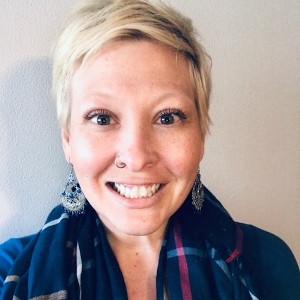

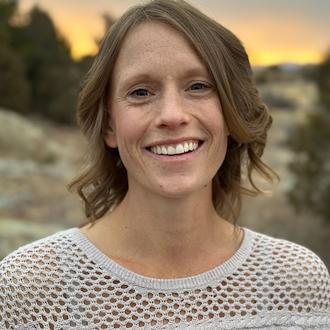
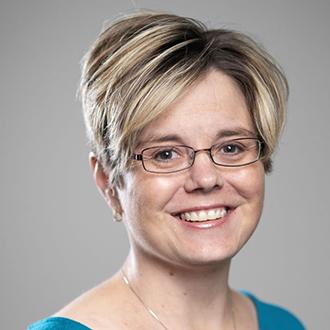
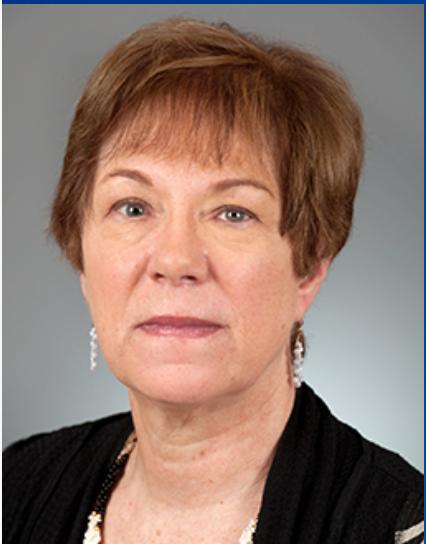

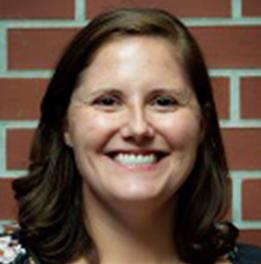




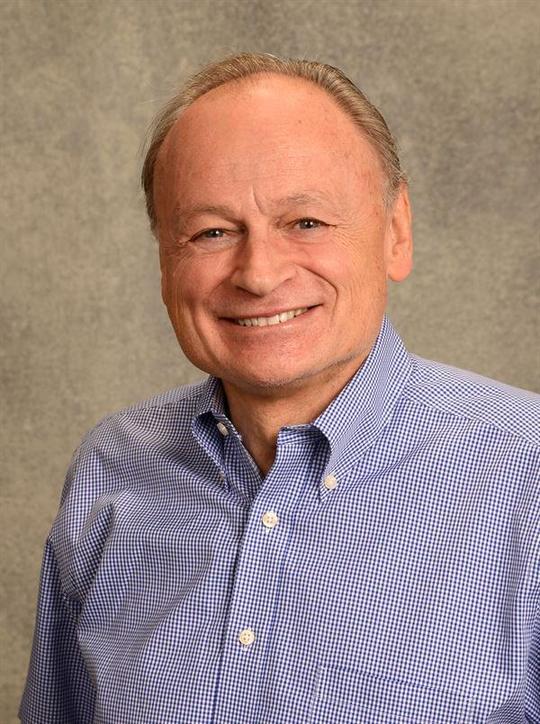


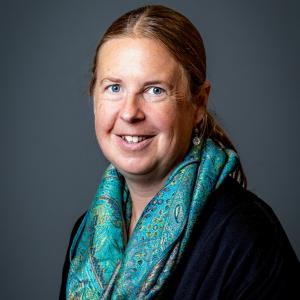

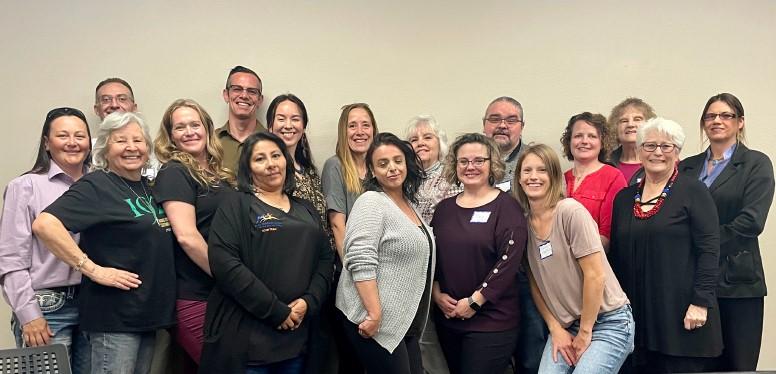
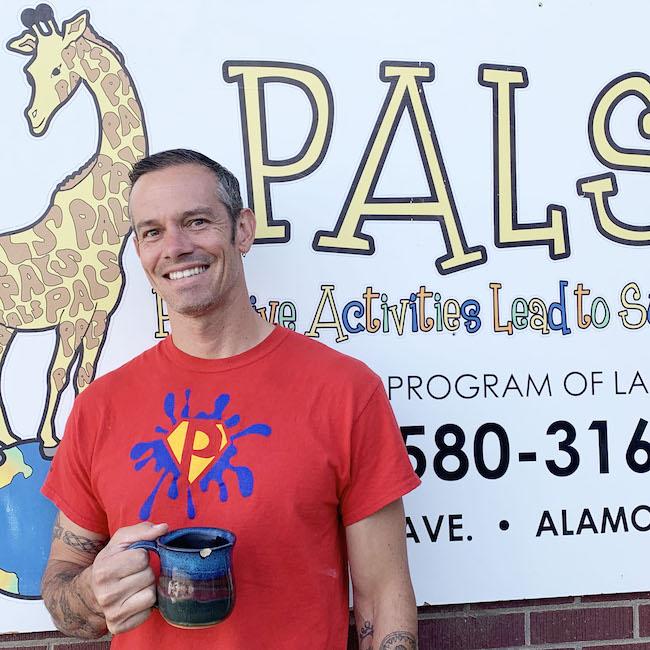







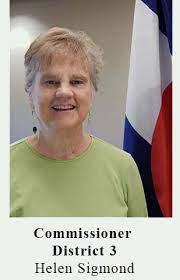



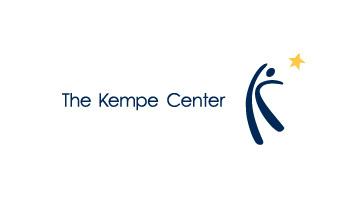





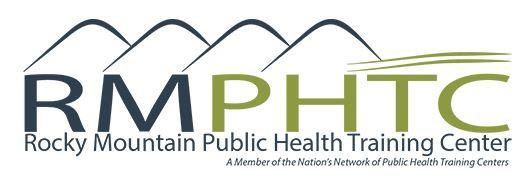
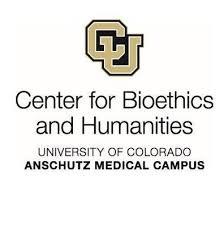
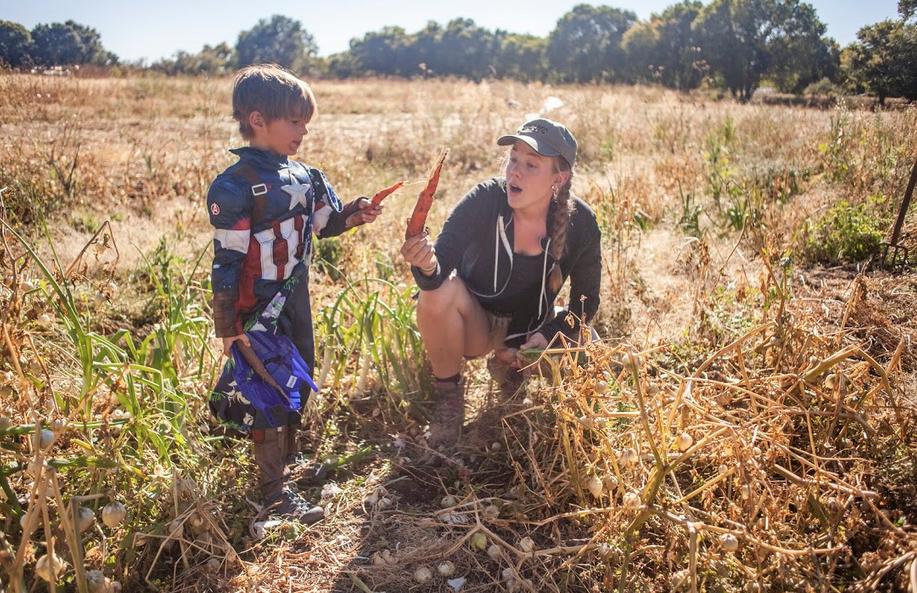
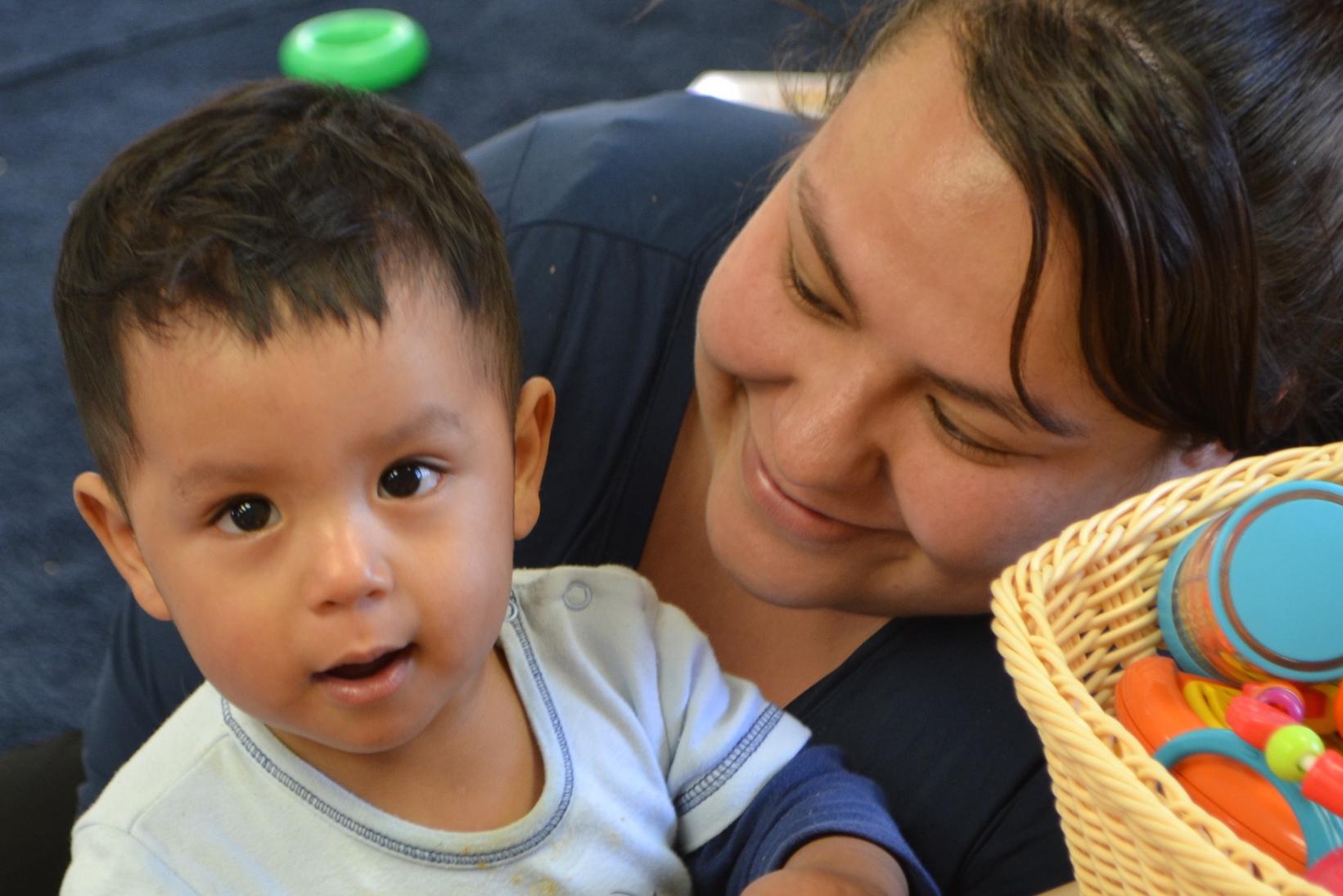
STANCE is a CDC-Funded project that allows for a systems-change approach that involves various community stakeholders to help identify children with a high number of ACEs (Adverse Childhood Experiences) and link them to a strengthened community network of care. Early childhood education centers (ECEs) are logical settings to screen for ACEs, enhance protective factors among children (e.g., social- emotional development) and their parents/caregivers (e.g., parenting skills) and connect children and their families to community resources.
STANCE intervention has three primary components:
p
1 Conduct ACEs screening and referral at early childhood education centers
S t e
p 3
e
S t
Strengthen community service network of care for ACEs
Implement an evidence-based ECE intervention that promotes protective factors in children and their families
S t e p 2


The Rocky Mountain Prevention Research Center (RMPRC) is a CDC funded prevention research center that has cultivated a 25 yearlong academiccommunity partnership with the San Luis Valley (SLV). The SLV is a beautiful region of over 8,000 square miles in the heart of southcentral Colorado, with a rich agricultural economy. Approximately half of the residents are Hispanic or Latino and the other majority identify as white/Caucasian, non-Hispanic. The SLV has a high percentage of poverty as well as a disproportionate challenge of substance use, overdose, and adversity but through strong partnerships its many community members and organizations have developed programs to prevent or intervene in a multitude of ways. The RMPRC shares the goal of reducing these burdens and through active collaboration and with the community they have identified the need for more evaluation and community capacity building to addressing these continuing challenges through evidence-based public health practices.
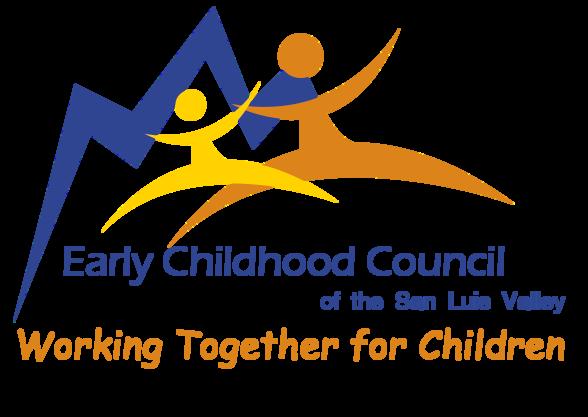
The unique focus and contribution of the Colorado site to the Cancer Prevention and Control Research Network is to increase the impact of cancer screening and the health of cancer survivors by accelerating the use and dissemination of evidence-based strategies in high-risk individuals
This research project engages key stakeholders to identify gaps in meeting current evidence-based guidelines for risk appropriate care, and to develop and disseminate an implementation intervention to increase their use in communities with a high cancer burden including rural, minority, and the medically underserved
The overall goal of this project is to estimate measures of validity in self-reported vaccine status for nine vaccines (influenza; pneumococcal; herpes zoster; tetanusdiphtheria [Td]; tetanus-diphtheria-pertussis [Tdap]; human papillomavirus [HPV]; hepatitis A; hepatitis B; and COVID-19) within demographic and disease risk groups These measures include sensitivity, specificity, and net bias. These measures will then be used to adjust estimates produced by self-report surveys, resulting in better information on which to base programmatic decisions and efforts to increase the uptake of vaccines throughout the U S
These estimates of validity must be vaccine specific and specific to demographic and risk factor groups, because some groups may be able to more accurately report their vaccine status than others. We will also conduct an in-depth examination of alternative non-survey sources for estimating vaccine coverage and produce a White Paper on this issue
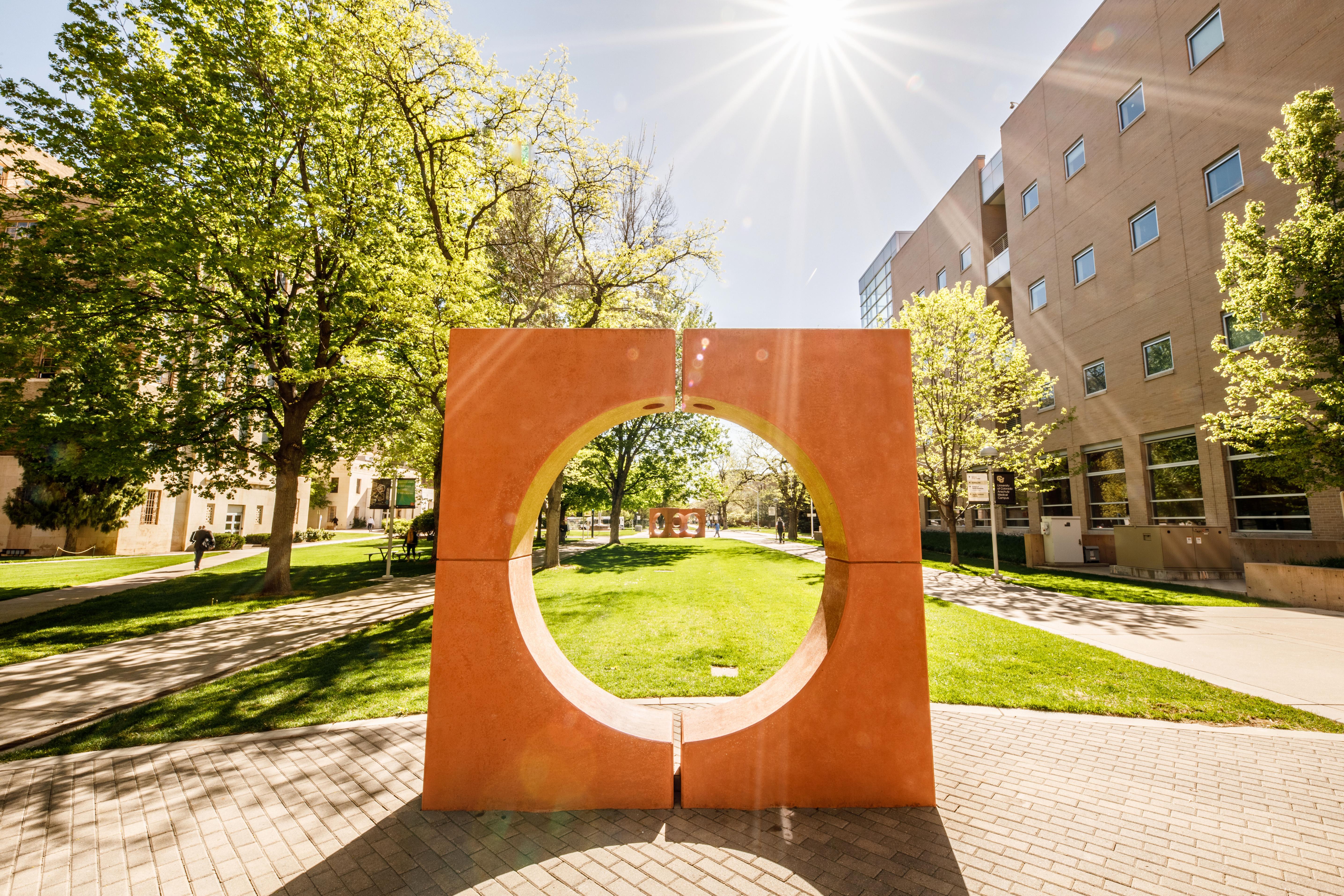

The overarching goal of the School Wellness Program (SWP) is to improve the likelihood that individuals eligible for the Supplemental Nutrition Education Program (SNAP) will make healthy food choices and choose physically active lifestyles consistent with the current Dietary Guidelines for Americans. The SWP includes the Culture of Wellness in Preschools (COWP) and in elementary schools the Integrated Nutrition Education Program (INEP). All program components are available in English and Spanish.
Nutrition Education and Physical Activity - Classroom materials are supplied to Toddler-5th grade classroom to help aid teaches in facilitating nutrition and physical education. Including step- by-step instructions, lesson plans, recipes, and supplies.
Adult Education - One-time workshops or a 6-week series which focus on eating more fruits and vegetables, drinking more water, limiting sugar, being physically active, gardening, meal planning, and shopping on a budget.
Text2LiveHealthy (T2LH) - A no cost texting platform which sends two to three texts per week with content focusing on healthy eating, physical activity, and local wellness events.
Policy, Systems, and Environment Change Process – Our team provides support for school wellness teams to adopt and implement changes which will impact the health of their students and staff.
SWP collaborates with various agencies and organizations to expand our health promotion work to other communities. This includes partnering with:
1) State Unit on Aging (SUA)
2) Tribal-serving organizations to expand SNAP-Ed programming
3) Cooking Matters
4) integration: Navigation, Outreach, Wealth-Building (iNOW)
The Healthy Food for Denver’s Kids Initiative seeks to build an equitable and strategic approach to increasing access to healthy food and food-based education for children and youth ages 18 and under in the City and County of Denver. The Culture of Wellness in Preschools (COWP) program is implemented in the 4 largest Denver Public Schools (DPS) and adapted to uniquely meet the needs of family, friend, and neighbor (FFN) child care providers throughout the City and County of Denver serving the majority of children who live in poverty.
Nutrition Education - Classroom materials are supplied to preschool and kindergarten classrooms to help aid teaches in facilitating nutrition education. Including step- by-step instructions, lesson plans, recipes, and supplies.
Adult Education in DPS schools- One-time workshops or a 6-week series which focus on eating more fruits and vegetables, drinking more water, limiting sugar, being physically active, gardening, meal planning, and shopping on a budget.
Family Friend and Neighbor (FFN) Childcare Provider Education - A 6-week series which focuses on eating more fruits and vegetables, drinking more water, limiting sugar, meal planning, and shopping on a budget. FFN providers leave each workshop with all the materials to facilitate nutrition education lessons with the children in their care. Available in English, Spanish, and Dari.
Text2LiveHealthy (T2LH) - A no cost texting platform which sends two to three texts per week with content focusing on healthy eating, physical activity, and local wellness events.
Policy, Systems, and Environment Change Process – Our team provides support for school wellness teams to adopt and implement changes which will impact the health of their students and staff.


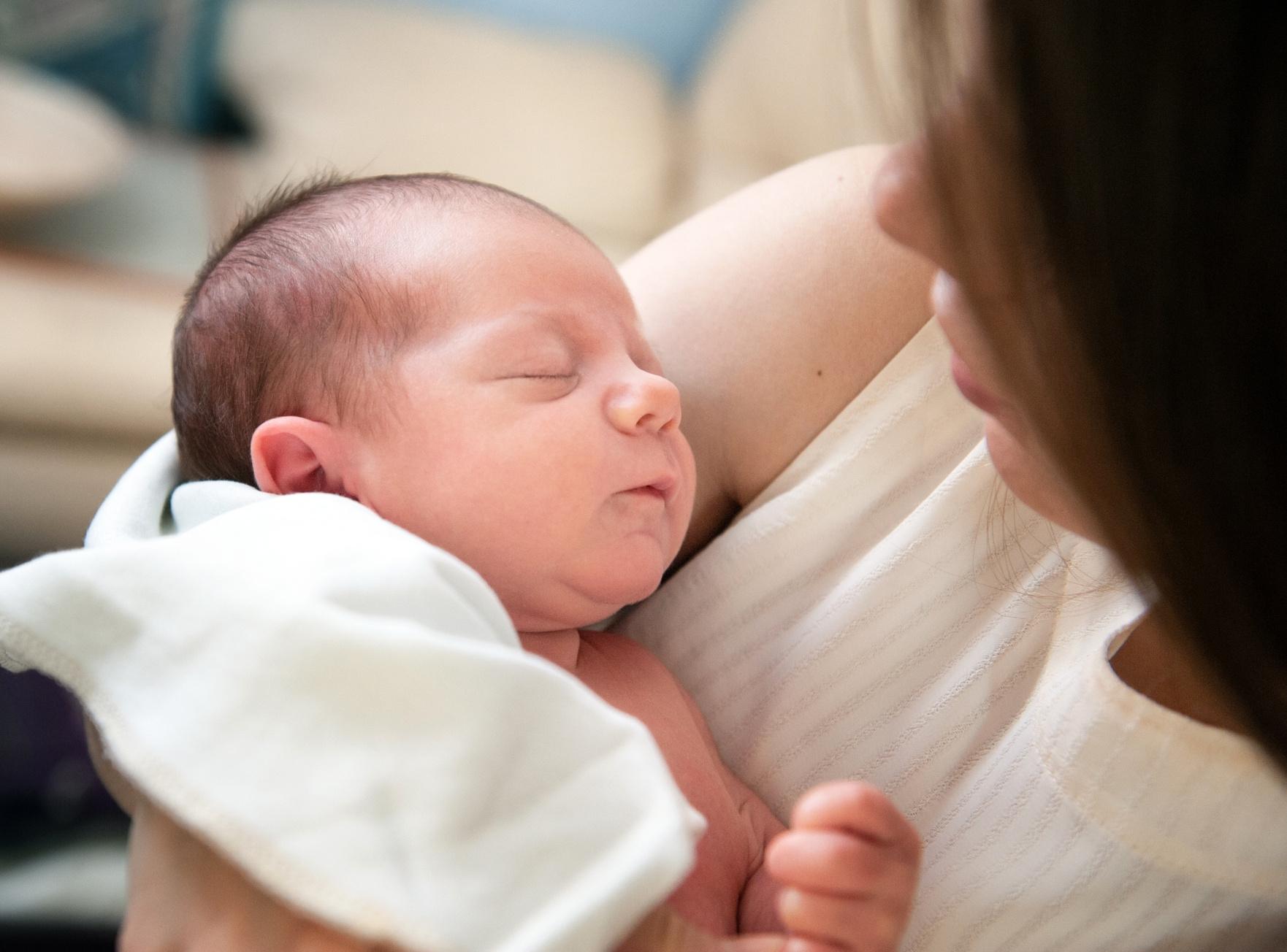
The primary research objective of the MORE study is to integrate advanced analytical modeling with qualitative data to inform the timing, duration, content and delivery modalities of a multi-level psychosocial intervention to promote perinatal well-being among individuals experiencing socioeconomic disadvantage.
Investigate point-estimates and trajectories of psychological capital across the perinatal period in 300 individuals experiencing socioeconomic disadvantage (1st trimester, 3rd trimester, 6-weeks postpartum, 12-weeks postpartum).
Identify cross-sectional and longitudinal associations between psychological capital trajectories, social resources and mental health outcomes.
Adapt a multi-level psychological capital intervention for perinatal populations experiencing socioeconomic disadvantage.
Well-being of the ECE workforce in Low-resourced Locations
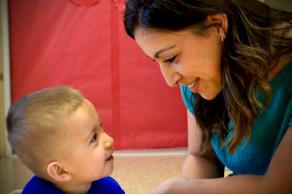
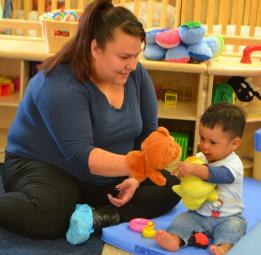
Working in early care and education (ECE) settings is stressful and ECE educators often face excessive demands and low-resourced workplaces. This imbalance in demands and resources impacts overall well-being of the ECE workforce. The WELL program investigates policies and practices that are associated with workers well-being in Head Start funded ECE settings and then implements the WELL intervention via partnerships with five large Head Start agencies in Colorado.
Activities include:
Personal well-being planning
Take and make well-being tools and crafts
WELL-being texting campaign
Facts & Snacks opportunities
Workplace wellness opportunities and prizes
Starting in the spring of 2022, RMPRC joined forces with several community organizations in the SLV to work together on a common mission: preventing substance use, overdose, and related issues like ACEs.
The key objective of this partnership was to assess the existing prevention programs available in the SLV. We wanted to understand their strengths, challenges, collaborative efforts, and future needs. These insights will be used to improve and build upon the current infrastructure of support for persons with SUDs in the SLV and strengthen the network of care.
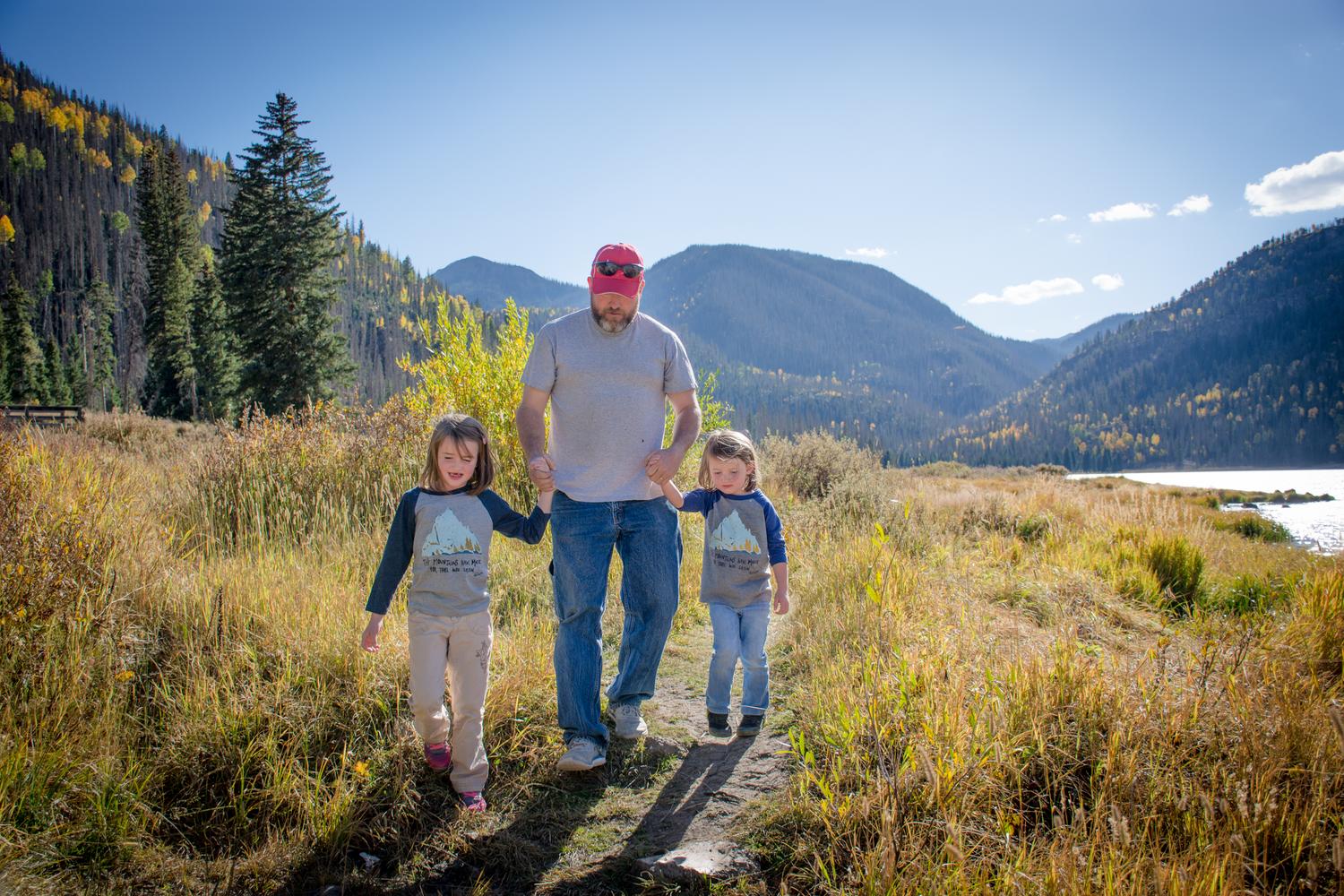
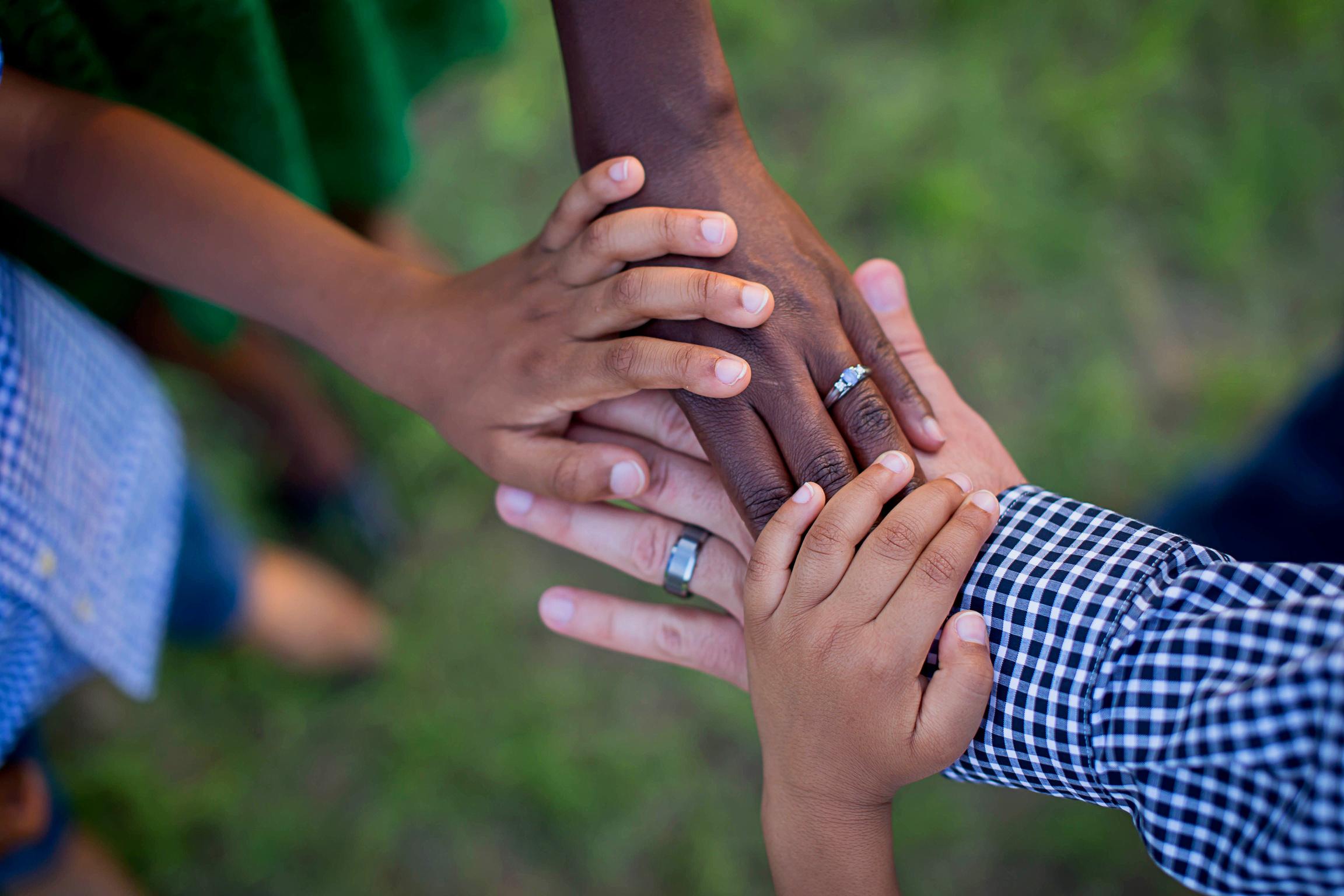

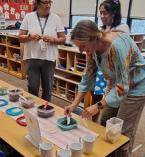

Early Childhood Education (ECE) providers face challenges in the work environment such as low pay and stress. ECE provider well-being can have direct impacts on their ability to provide high quality care for young children The objective of the FREE program is to ensure ECE providers have access to workplace supports that enhance their well-being, in turn promoting high quality relationships with the children in their care and fostering resilience.
Program Components:
Individual-level- Participants create individualized self-care plans and receive one-on-one training to support mindfulness in the classrooms
Interpersonal-level- All participants have an opportunity to participate in workplace wellness activities including: walking clubs, mindfulness activities, and various challenges
Classroom-level- Classroom staff guide children through activities to support child and adult well-being
Organizational-level- Wellness teams participate in a strategic planning process called Policy, System, and Environment Change Process to identify wellness needs (e.g. indoor/outdoor space to relax; health promoting materials; discounts at local fitness centers)

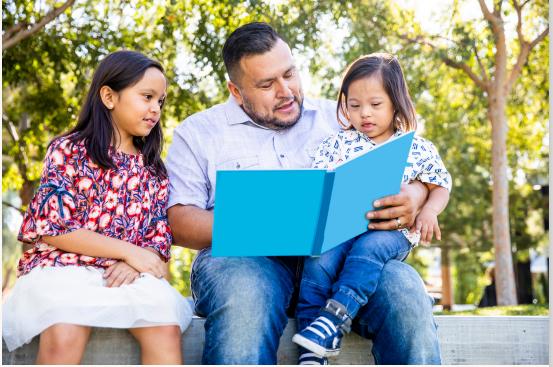
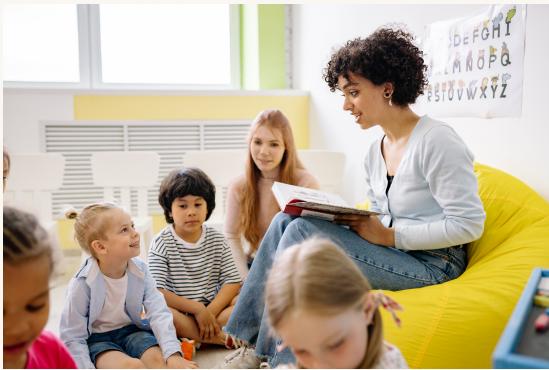
The AFLR awards High School students scholarships based on number and quality of service hours
The AFLR trains Ambassadors on early literacy skills and social emotional-development.
The AFLR promotes education as a pathway to wholistic health.
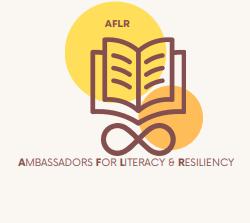
Support early literacy skills through games and reading.
Support social-emotional development through books and activities/lessons.
Collaborate with teacher/center on how to best implement their service hours.
The RMPRC partnered with ACCORDS to host a Dissemination and Implementation (D&I) Research Workshop and Series The workshop is a half day collaborative event that focuses on defining the intended users of community-based D&I research and their needs, barriers and pressure points in conducting community-based D&I research The workshop brings individuals together from the Rocky Mountain Region along with national partners.
The RMPRC in partnership with the Rocky Mountain Public Health Training Center is offering an opportunity for public health professionals from rural Colorado to participate in a unique online training series which covers core concepts like defining public health issues, conducting community assessments, prioritizing options, and evaluating program and policy to prevent mental illness and substance misuse.
The PAUSE For Your Well-Being campaign, funded by the RMPRC and the Rocky Mountain Public Health Training Center, aims to motivate individuals to adopt five evidence-based activities that foster well-being and improve mental health PAUSE For Your Well-Being was presented at local events along with national private workshops this year.
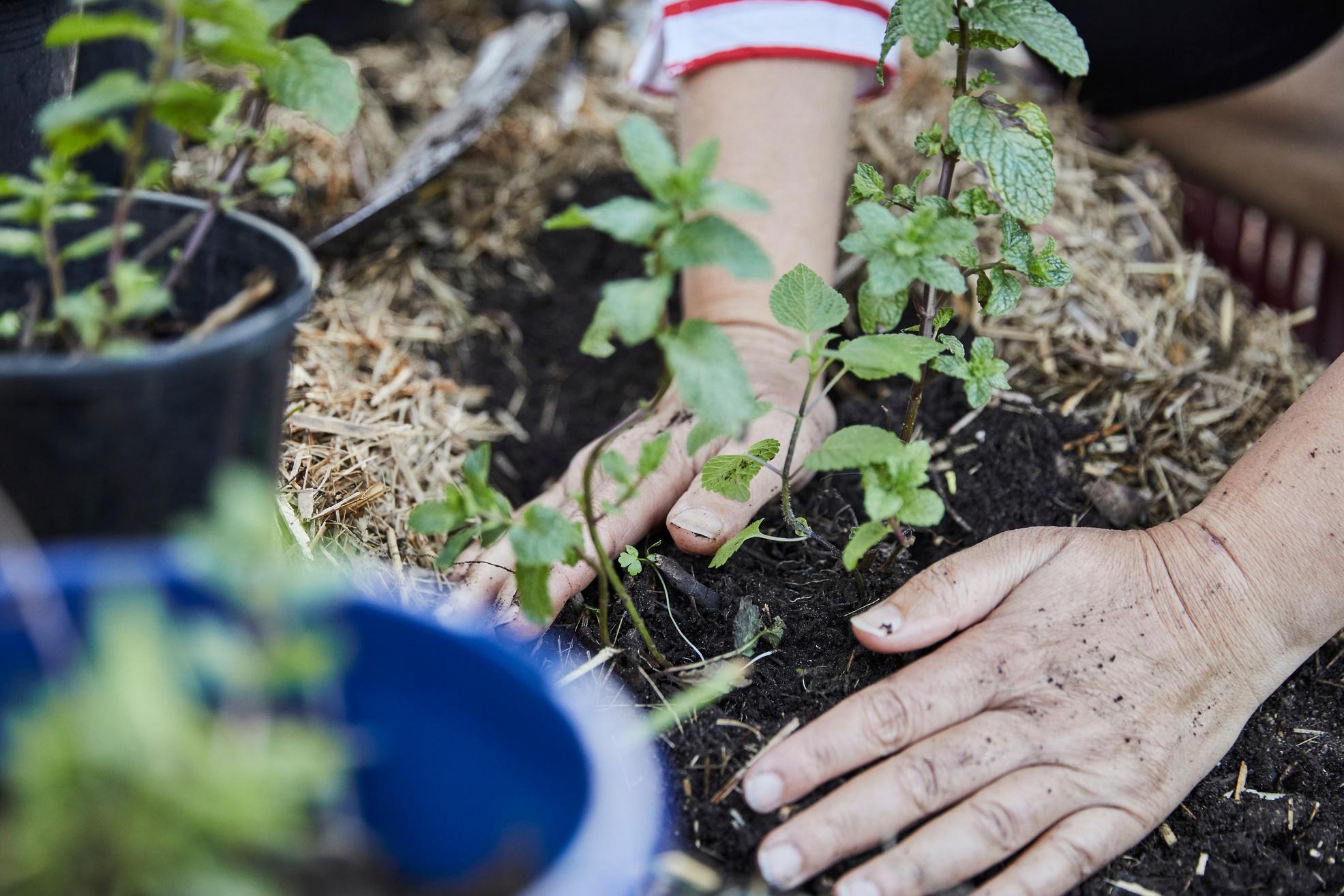
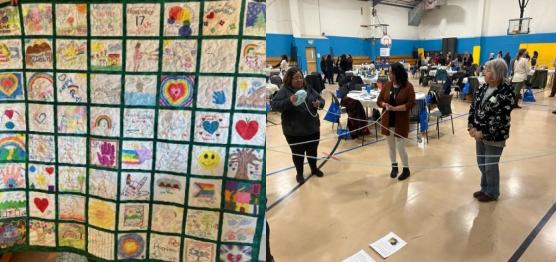
A networking event in which over 75 participants across the San Luis Valley gathered to build trust, reconnect, and discuss how to better serve young children and families. A quilt created from a piece of cloth from each participant attending the event was created It represents a family’s network and is now displayed at the various organizations/agencies in the community that serve young children and their families
Partnership with Project Protect promotores del Valle de San Luis contributed to over 1200 hygiene and medicine kits delivered during the height of COVID-19

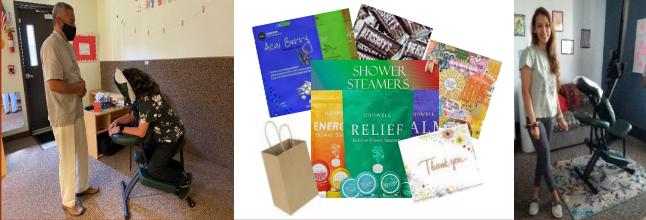
Each year of our project gives back to the hundreds of teachers who implemented STANCE in their classrooms by thanking them with goodie bags filled with self-care items and chair massages provided by SLV Therapeutic Massage.

Move Mountains Youth is an art and entrepreneurship community education program building a sustainable platform for youth leaders of San Luis, Colorado. Our local SLV team spent a day volunteering in the fields with the youth and engaging in dialogue about who they are and what they’ve learned
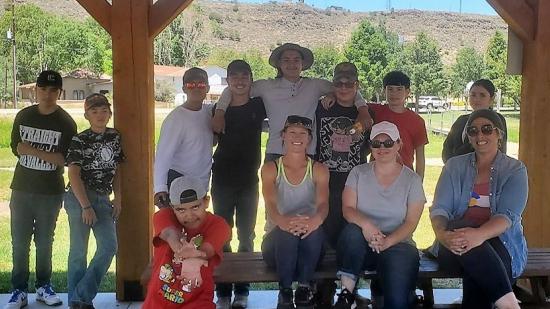

The RMPRC had a diverse funding portfolio in FY 2023.
Center for Disease Control (CDC)
State Department of Human and Health Services
Foundations
National Institue of Health (NIH)
City and County of Denver (CCD)
$405,085
$2,943,848 $440,922 $311,468 $127,345
$1,050,000 $301,690 NIH 2.3%
The RMPRC continues to have a strong funding portfolio to support its faculty in preventing disease and promoting health. Indirects
Directs

Text2LiveHealthy was featured in the University of Colorado news Text2LiveHealthy is the featured program with regards to how community-based programs work with local refugees to improve health
The Cancer Prevention and Control Research Network (CPCRN) published a supplemental issue of Cancer Causes and Control to mark the Network’s 20th anniversary.
Ambassadors for Literacy and Resiliency was featured in Colorado School of Public Health News
The RMPRC was featured in the PRC Network Updates as a Success Story and in the January 2024 Prevention Research Matters
 The RMPRC was highlighted in the Visible Network Labs 2022 Annual Report
Charlotte Farewell received a Career Development (K) Award from the National Institutes of Health (NIH)
Charlotte Farewell was accepted into the Michigan Integrative Well-Being and Inequality (MIWI) Training Program.
The RMPRC was highlighted in the Visible Network Labs 2022 Annual Report
Charlotte Farewell received a Career Development (K) Award from the National Institutes of Health (NIH)
Charlotte Farewell was accepted into the Michigan Integrative Well-Being and Inequality (MIWI) Training Program.

